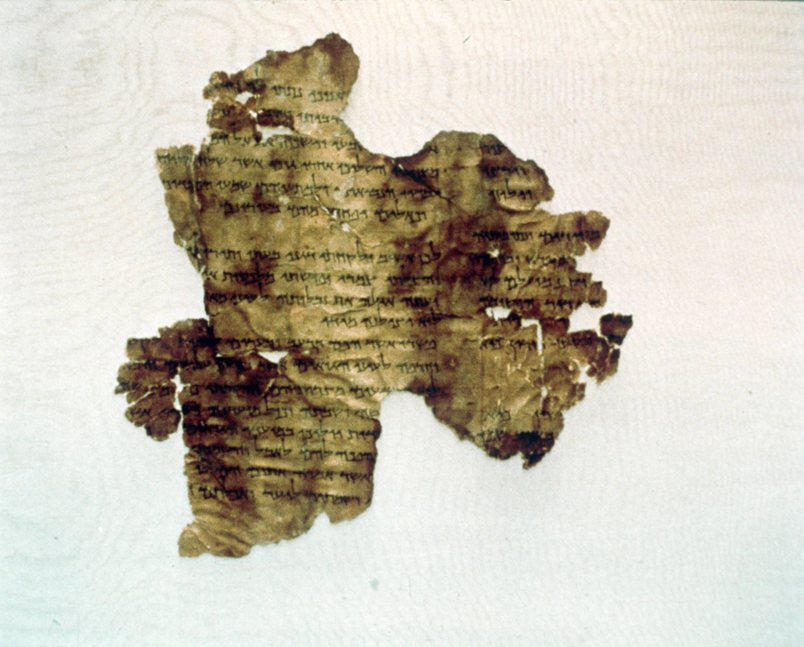NEW YORK (AP) — A man convicted of using digital-age tools to impersonate and malign his father’s academic rivals on the ancient subject of the Dead Sea Scrolls was sentenced Monday to two months in jail after the state’s highest court tossed out some of his convictions — and with them, a state aggravated-harassment law.
Raphael Golb was re-sentenced on misdemeanor criminal impersonation and forgery charges that the Court of Appeals upheld, even as it nixed his felony identity-theft conviction and declared the aggravated harassment law unconstitutional.
Golb had been sentenced in 2010 to six months in jail but was free on bail during his appeal. He remains free at least until July 22, as a judge postponed his surrender date so he can ask courts to hold off his jail term while he appeals the case further.
Golb was convicted of adopting aliases in derogatory emails and blog posts — including sending emails that seemed like confessions of plagiarism by one of his father’s key adversaries in a scholarly debate over the scrolls’ origin. Golb told state Supreme Court Justice Laura Ward on Monday that he realized his online campaign was “inappropriate,” but he had intended it as satire, not crime.
“I obviously should not have sent out deadpan emails in the names of other individuals,” he said, “and I obviously will never do it again.”
From the start, the case was a rarity. Claims of Internet imitation seldom spur criminal trials at all, let alone trials that air an abstruse but vigorous scholarly dispute over ancient texts. And with the high court’s May ruling, Golb’s case gained another distinction: striking down an often-used aggravated harassment law that police and prosecutors saw as an important tool for pursuing domestic violence and other cases, but Golb called an unconstitutional intrusion on free-speech rights.
The state Legislature has since passed a revised version of the law that backers believe will pass muster with courts.
Containing the earliest known versions of portions of the Hebrew Bible, the scrolls have enhanced scholars’ understanding of the history of Judaism and the beginnings of Christianity since their discovery in caves in Israel, beginning in the 1940s. Some researchers believe the texts were assembled by a sect known as the Essenes; others — including Golb’s father, historian Norman Golb — say the writings were the work of a range of Jewish groups and communities.
Raphael Golb, a literature scholar and now-disbarred lawyer, said his electronic barbs were intended to illuminate what he saw as important information about the debate.
But Manhattan Assistant District Attorney John Bandler called Golb’s behavior a protracted, malicious effort “to impersonate others and destroy their careers.”
Jurors convicted him of crimes including second-degree aggravated harassment. The misdemeanor charge involved communicating with someone “in a manner likely to cause annoyance or alarm” and with the intent to do so.
Golb’s lawyer, Ronald Kuby, argued that it turned criticism into a crime if the object of the complaint just felt irritated, but not endangered.
“You cannot arrest somebody for being annoying,” Kuby said in a recent interview. “Unwanted communication is not a threat — it is merely unwanted communication.”
The Court of Appeals agreed the law was “unconstitutionally vague and overbroad.”
In the aftermath, some prosecutors around the state dismissed pending charges and advised local police to stop making arrests under the second-degree aggravated harassment law.
The law had often been used as a basis for issuing a court order barring domestic violence suspect from continued contact with their alleged victim; there were more about 7,600 pending second-degree aggravated harassment cases statewide as of last month, Gov. Andrew Cuomo said. He supported the Legislature’s rewrite.









